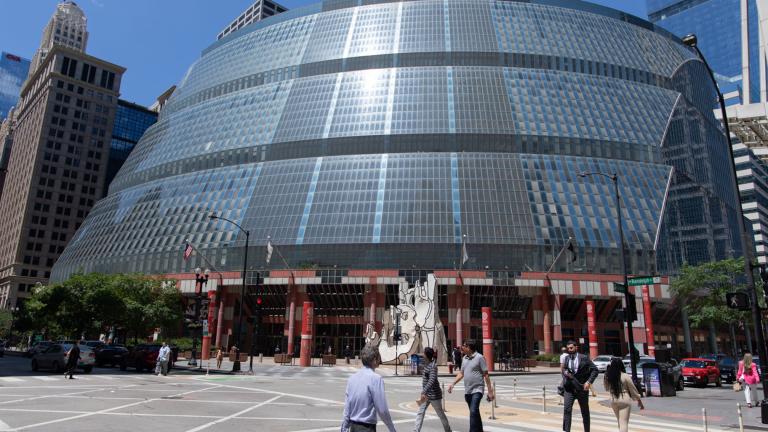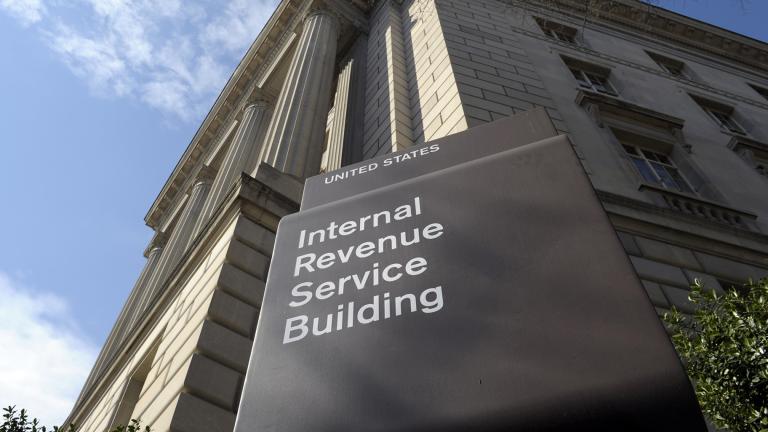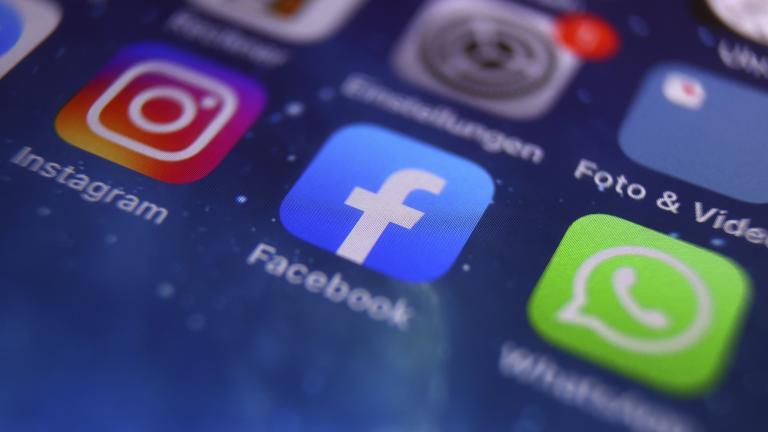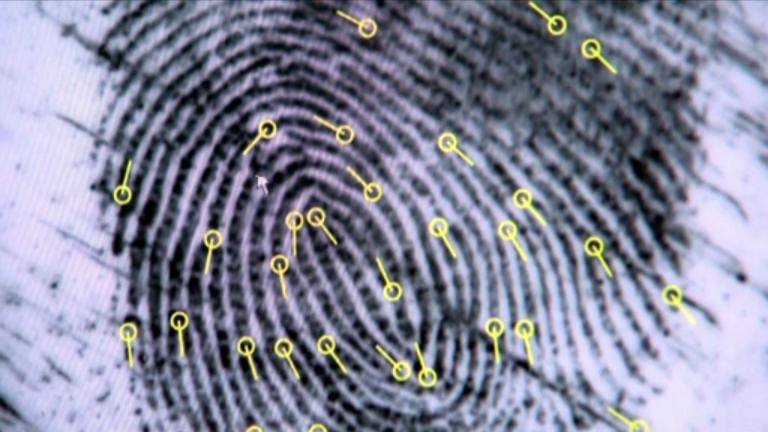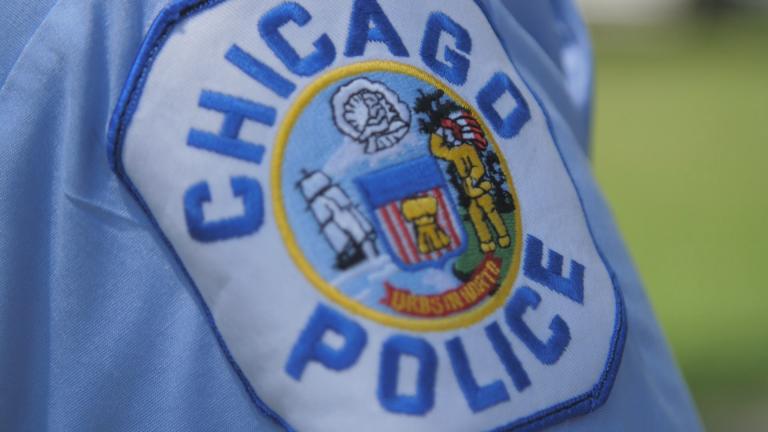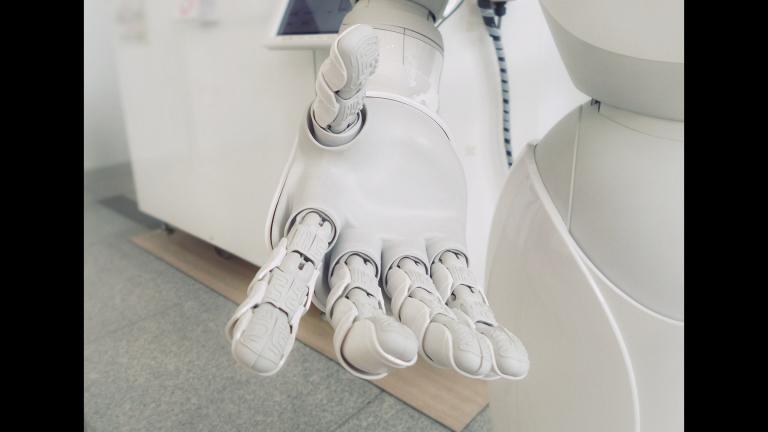An apparent AI-generated photo went viral on social media Monday showing a fake explosion near the Pentagon. Officials confirmed that the image and accompanying reports were fake. Critics pointed to the as an example of the problems that come along with the promise of artificial intelligence technology.
Kristian Hammond
Some school districts have banned the chatbot, which can answer questions, generate essays and even write scientific papers from a short prompt.
Some members of Chicago’s tech and business communities say Google’s expansion into the Thompson Center shows the city’s potential to grow into a bigger tech hub.
The agency said it would no longer use a third-party service, called ID.me, for facial recognition. Critics of the software said the database could become a target for cyberthreats.
The six-hour outage was a headache for many casual users but far more serious for the millions of people worldwide who rely on the social media sites to run their businesses or communicate with relatives, parents, teachers or neighbors.
A New York Times tech columnist calls it the “best law you’ve never heard of.” She is speaking of Illinois’ biometrics privacy act, which essentially gives residents protections against companies that want to gather biometric info like face scans and fingerprints. But now, several bills in the Illinois General Assembly aim to strip away some of those protections.
The Chicago Police Department recently started working with a controversial facial recognition tool. CPD says it’s not using it for real-time surveillance, but some advocacy groups still have concerns.
As artificial intelligence becomes more widespread, the White House lays out best practices for developing and using the technology.



